Joy Milne from Perth made headlines around the world after her ability to smell Parkinson’s disease led to a pioneering diagnostic test for the condition.
Joy’s rare heightened sense of smell – hereditary hyperosmia – is something she’s been aware of since she was young.
But it wasn’t until her late husband Les was diagnosed with Parkinson’s – 12 years after she first smelt a ‘musky’ scent from him – that she realised her superpower could help others.
Joy features next week in a documentary with Jeremy Paxman about his own Parkinson’s diagnosis.
And her work with scientists is now extending beyond Parkinson’s to other diseases.
Here, Joy tells us about husband Les, how she smells disease, and the meeting in Perth’s Gateway Centre where it all began.
Joy, 72, worked with Manchester University on a test to identify people with Parkinson’s disease.
It uses a simple cotton bud run along the back of the neck and takes just three minutes from swab to results.
“This test has taken seven years of research,” she says.
‘The room smells of Parkinson’s’
“It all began when Les and I went to the Gateway in Perth for a Parkinson’s UK meeting.
“I have a twitch in my neck which goes when my nose is really aware of something.
“I thought, my goodness, the room smells of Parkinson’s,” Joy explains.
“I’d first smelt Les in his 30s but didn’t know what it was, just that his body scent had changed. He was 44 when he was diagnosed.
“But walking into the meeting was the first time I realised what the smell was.
“We talked about it and I said ‘they all smell the same as you’. It amazed us. But he was a doctor and I was a nurse so we both realised what this meant.”
Joy says Les ‘became his old self again’ and was motivated to find a scientist to help investigate further.
Sniffing T-shirts
She promised Les just before he died that she’d continue their mission.
After finding Dr Tilo Kunath from Edinburgh University and Professor Perdita Barran at Manchester University, Joy had her sense tested by sniffing T-shirts.
Some had been worn by people with Parkinson’s and others had not.
Joy correctly identified all those with the disease. And one who had not been diagnosed – but was eight months later.
Since then she has gone on to sniff out other diseases – correctly identifying eight different types of cancer in a test – and to work with other scientists on TB.
What do diseases smell like?
“I have a medical olfactory library,” Joy says. It was developed during her time working in Dundee’s Maryfield, DRI and Ninewells hospitals.
“We didn’t have any disposables, it was open sputum mugs and bedpans we washed. With 16 beds either side, patients were very close and I remember those smells.”
Parkinson’s has a musky, yeasty smell, Joy says.
“I know what the volatiles (compounds) smell like to me now.
“Like smelling a lemon or an orange or apple, diseases are all different in exactly the same way.”
Alzheimer’s smells like rye bread to her, diabetes like nail polish, cancer like earth or mushrooms and TB like wet cardboard.
“I’m now working on TB and was out in Tanzania for three weeks this year with APOPO,” Joy explains.
But Parkinson’s is still her driving force. One in 37 people in the UK will be diagnosed with it.
“I sit with people who have this disease regularly,” she adds.
“They are in constant pain, they don’t sleep at night, they have stomach problems, hearing issues. It is awful.”
Talking to Jeremy Paxman about his diagnosis
Joy recently shared her and Les’s experience with broadcaster Jeremy Paxman, who was diagnosed with Parkinson’s 18 months ago.
Filmed for an ITV documentary, Jeremy meets Joy, Prof Barran and other experts as he documents how Parkinson’s is impacting him.
And she offers Jeremy the same advice as she shares with others living with Parkinson’s.
“Exercise and diet are key,” Joy says. “And become a PD Avenger!”
PD Avengers are one of the many Parkinson’s advocacy and support groups Joy is involved in around the world, as well as locally.
“Having been a carer for this for 45 years (my husband’s mother also had it), I am happy to be involved in research.
“In ancient times doctors used their sense of smell to diagnose disease, it was considered the most important thing medicine had.
“Les and I both knew right away the smell could be that spark of a difference. He would be so over the moon (with the test) that both of us did this.”
- Joy’s work features in Paxman: Putting Up With Parkinson’s, which airs on Tuesday October 4 at 9pm on ITV.
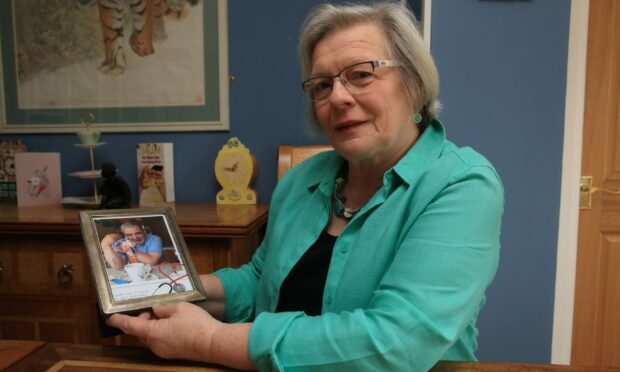
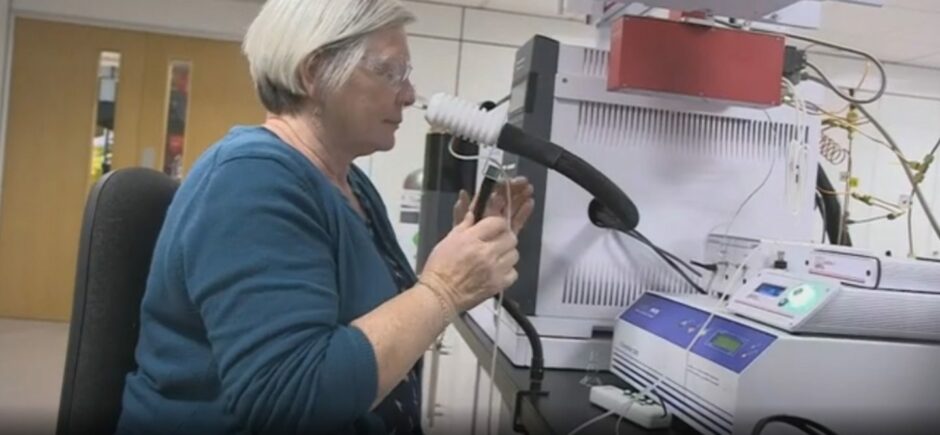
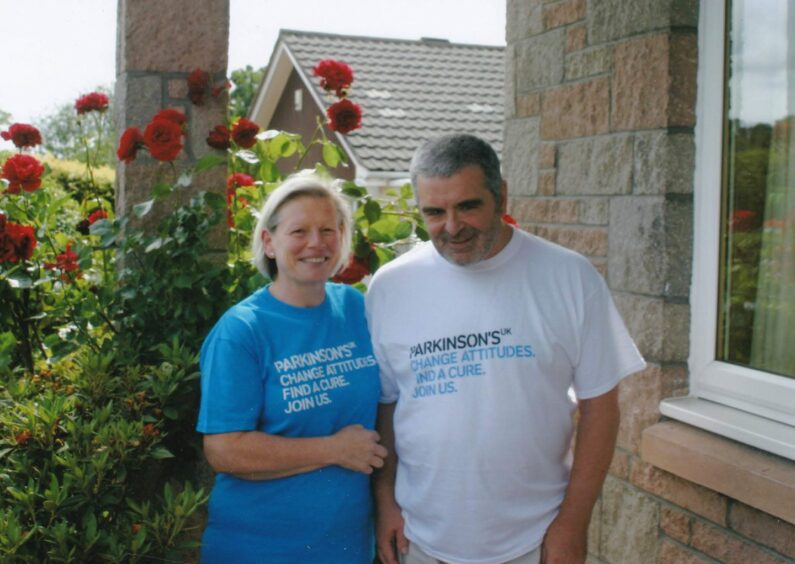
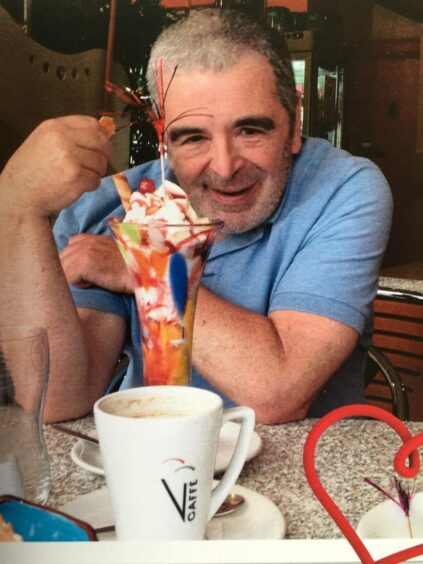
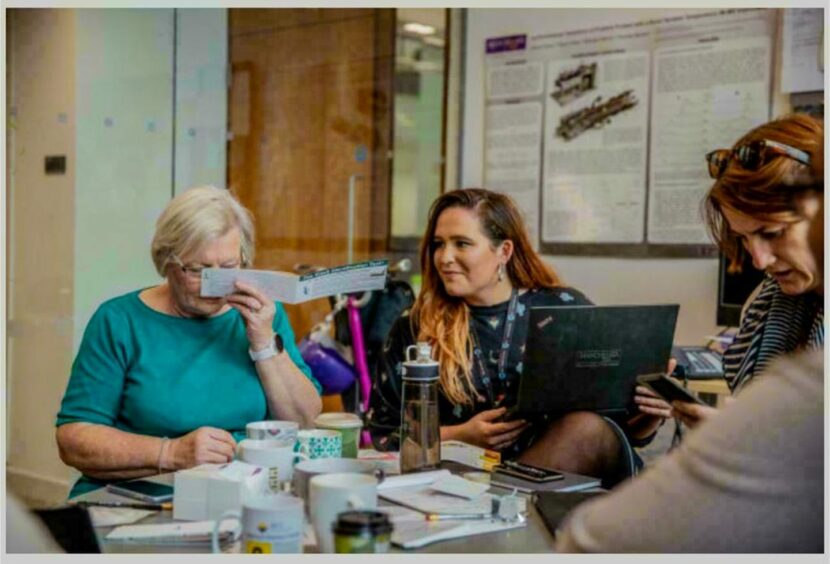
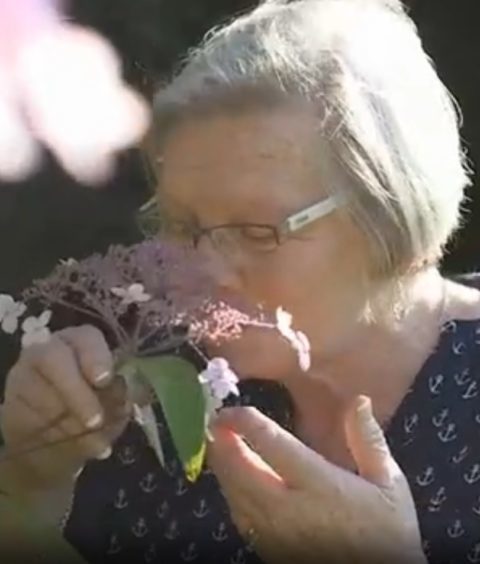
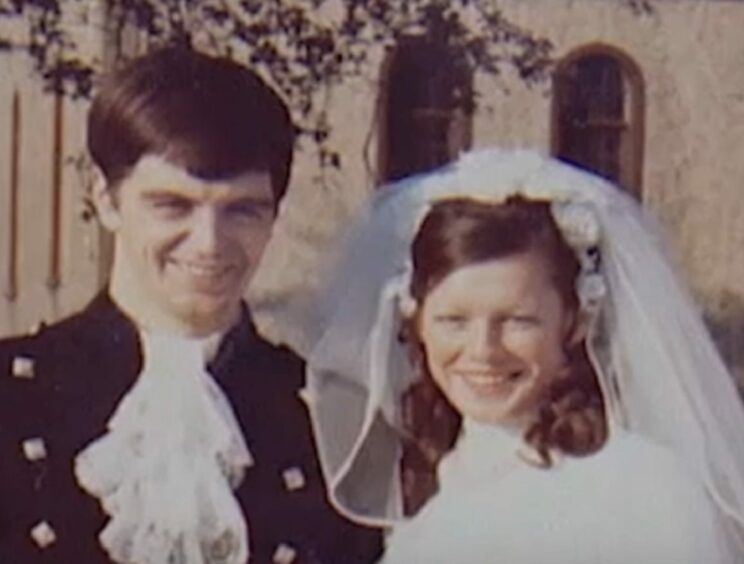
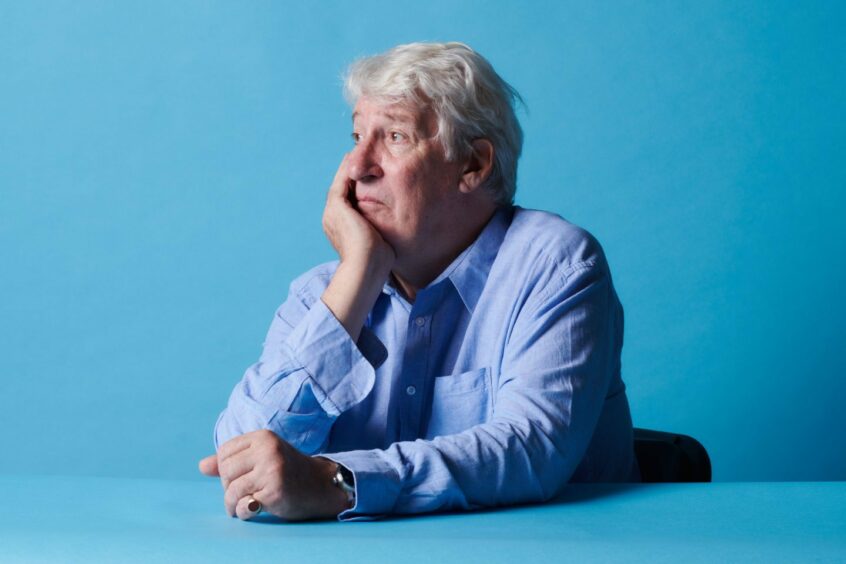
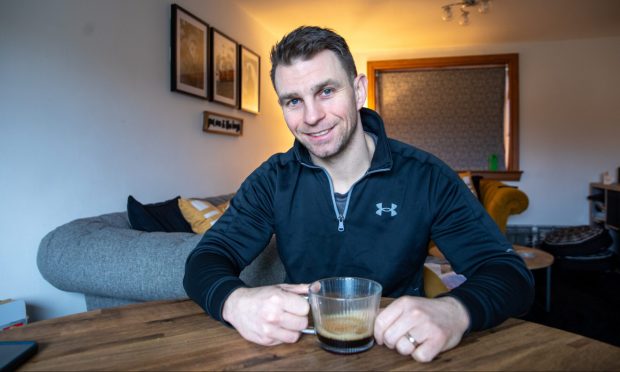

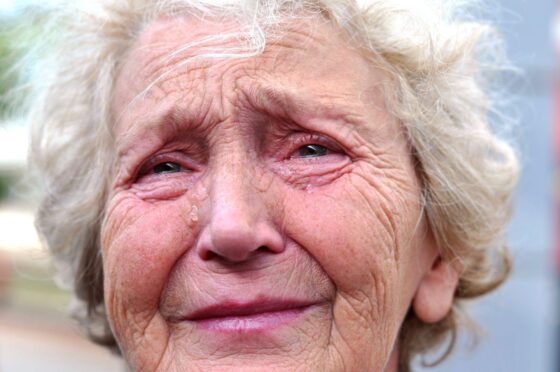
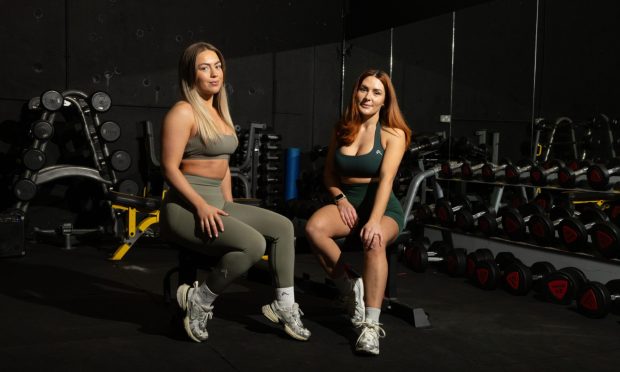
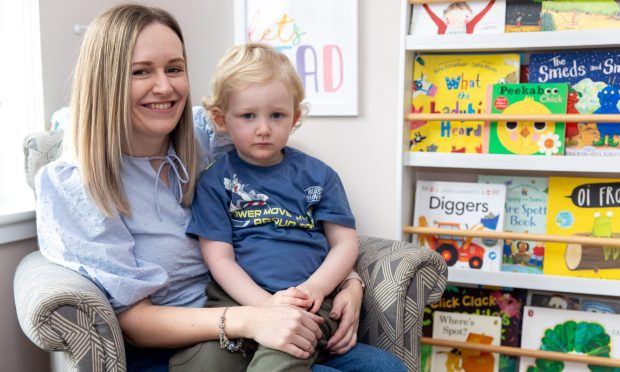

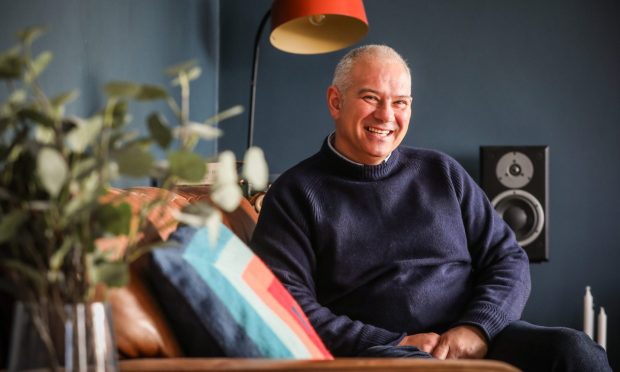
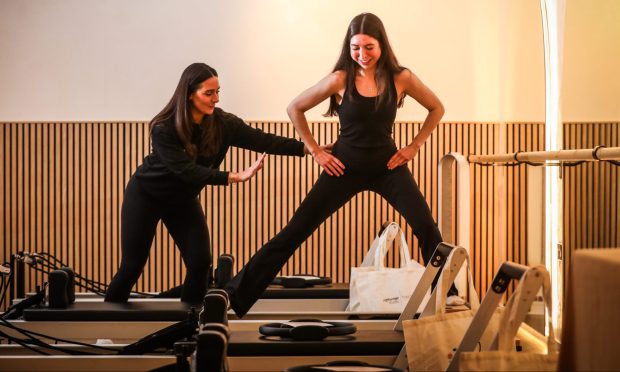
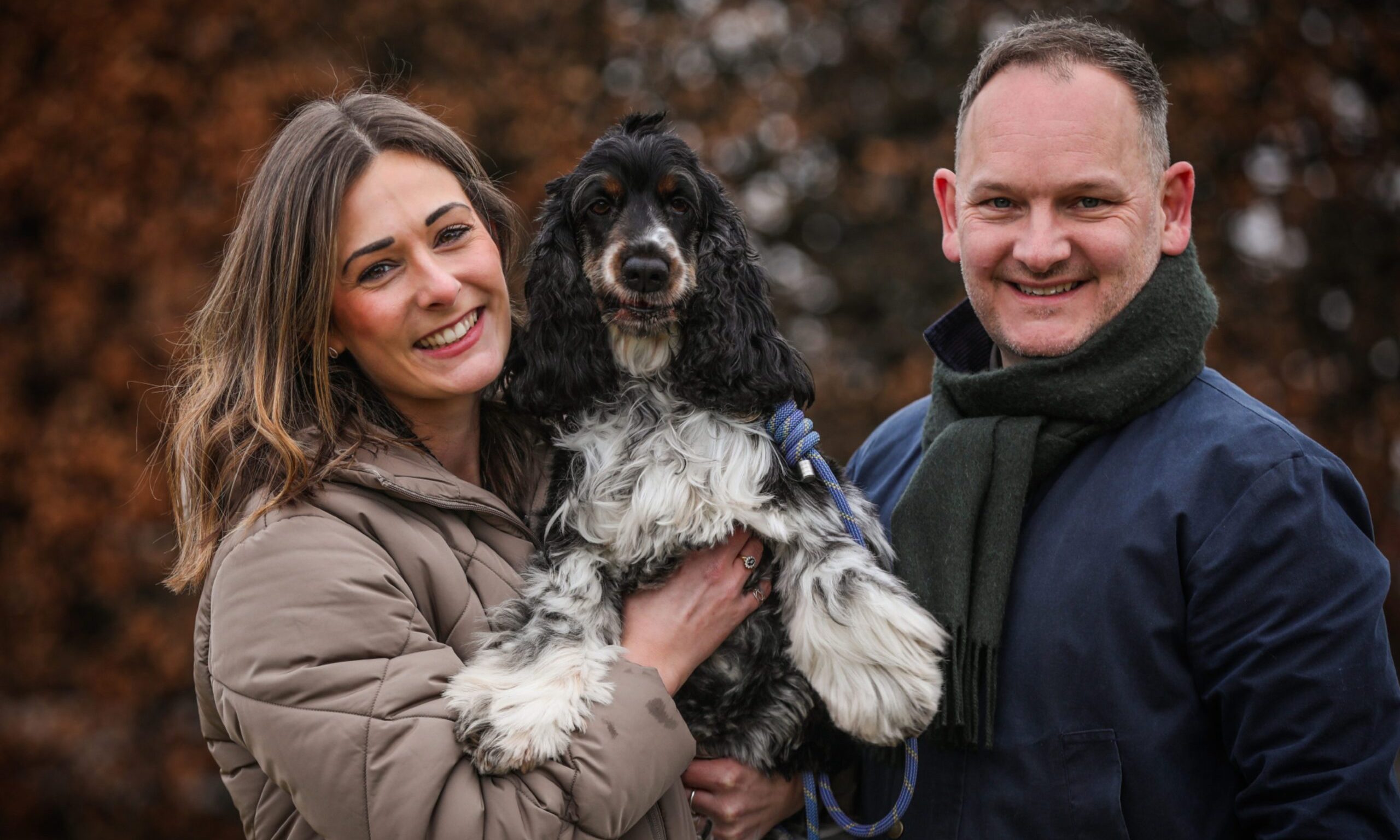

Conversation